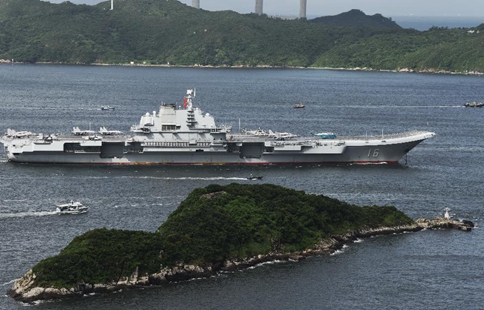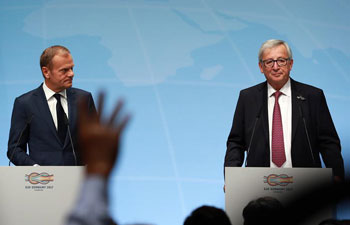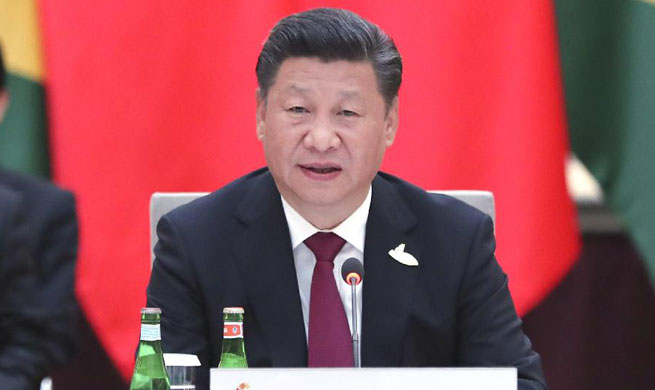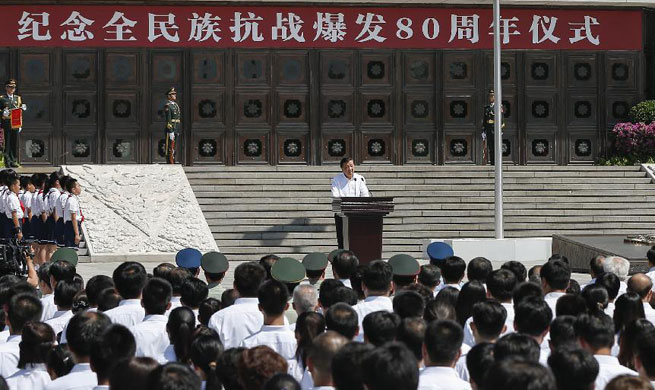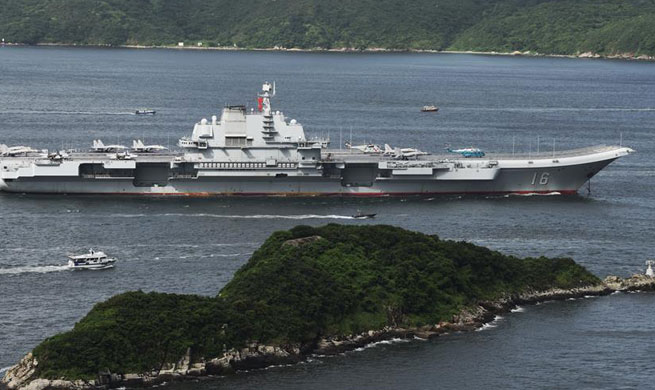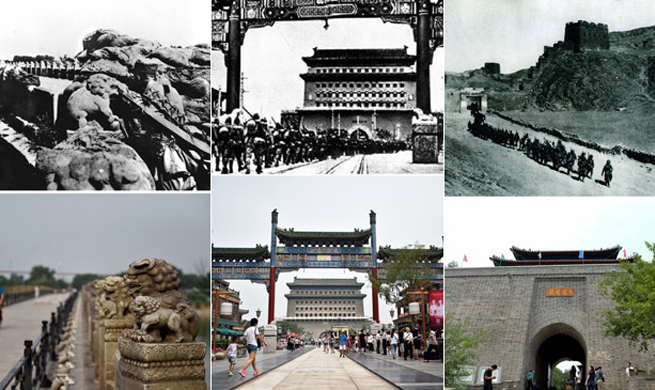HONG KONG, July 7 (Xinhua) -- The successful implementation of the "one country, two systems" policy makes huge contribution to the international community, participants said here during a colloquium on international law on Friday.
Tung Chee-hwa, vice chairman of the National Committee of the Chinese People's Political Consultative Conference, said the implementation of "one country, two systems" in Hong Kong has been successful by any standard.
Tung said the "one country, two systems" policy not only exhibits China's creativity and inclusiveness, but also shows the responsibility of a great country when solving difficult problems.
The policy makes huge contribution to international community, especially to the common future of Asia, he added.
Margaret Chan, former director-general of the World Health Organization, said Hong Kong ranks among the top worldwide in terms of judicial independence and the efficiency of the legal framework for settling disputes, which illustrates Hong Kong's uniqueness and flexibility under the framework of "one country, two systems."
The successful implementation of the policy maintains China's sovereignty and territorial integrity, brings high degree of autonomy in Hong Kong, and ensures Hong Kong's economic prosperity, so as to highly enhance Hong Kong talents' participation in international community, helping them make contribution to the world economic development and other international affairs such as international law and global health, Chan said.
Chairperson of Asian Academy of International Law (AAIL) Teresa Cheng said the "one country, two systems" policy actually promotes the development of international law.
Paul Haagen, professor of the Duke University Law School said China takes a long view while Hong Kong is pragmatic, adding that if these two aspects can be brought together, the "one country, two systems" will not only solve a historical problem, but also create more opportunities and contribute to the world order and global economic prosperity based on the achievements by Chinese mainland and Hong Kong.
Co-hosted by the Asian Academy of International Law (AAIL) and the Chinese Society of International Law, the two-day colloquium covers topics including the "one country, two systems" policy and its contribution to and interaction with international law as well as opportunities and challenges for Asia in investment collaboration.






